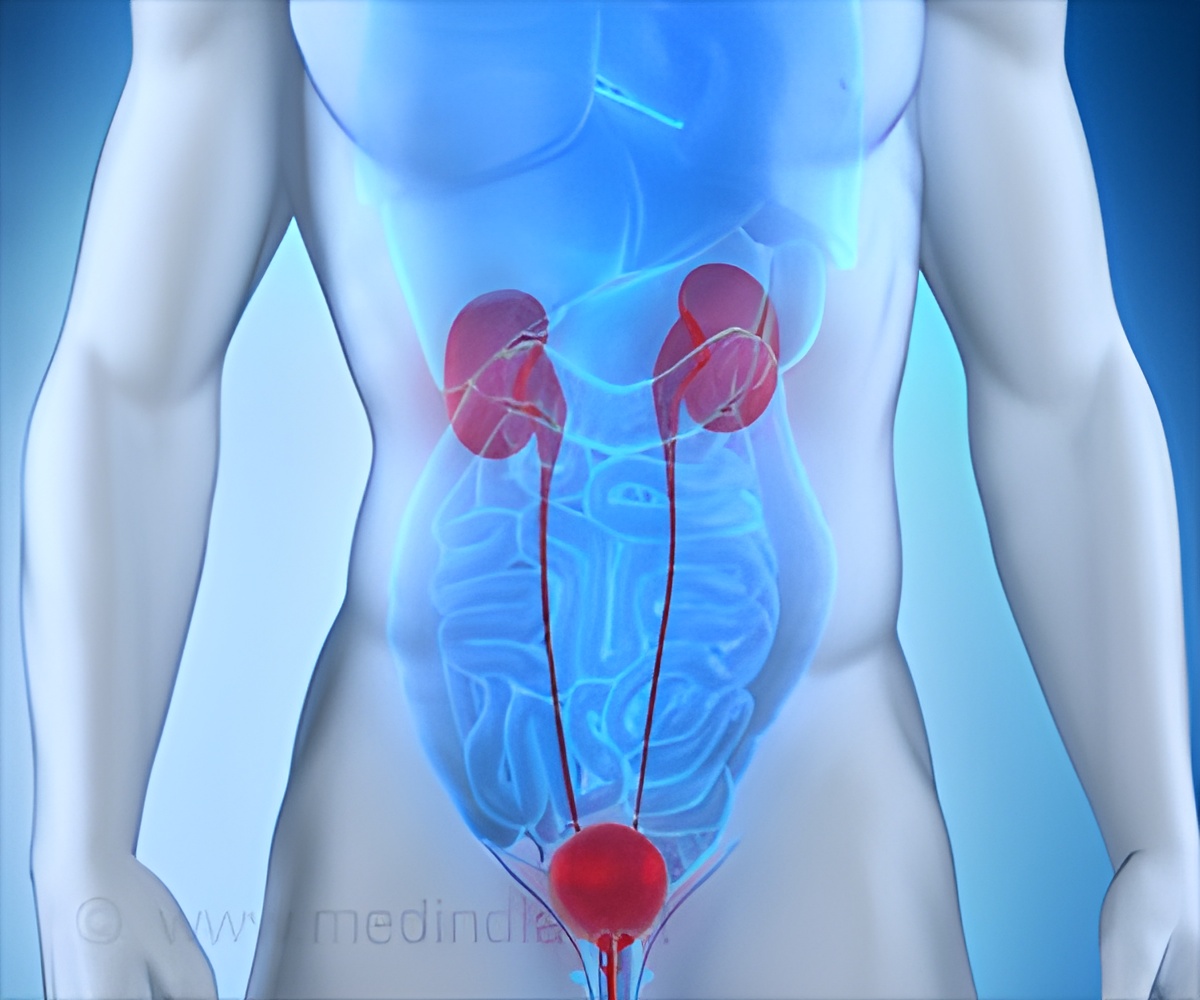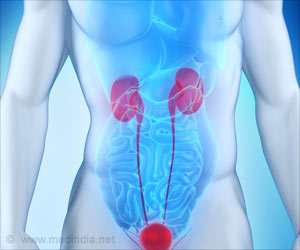The fist-sized artificial kidney will be a major relief to many patients undergoing dialysis and awaiting transplantation.

- End-stage kidney disease kills 2.5 lakh people annually in India and more than thousands await transplantation.
- Putting an end to the wait, a new artificial kidney will soon be available in the market.
- This device, which can be implanted in the abdomen, will be powered by the heart and is designed function like a normal kidney.
End-stage renal disease (ESRD) is the final stage of chronic kidney disease. It occurs when kidneys are no longer able to function normally by removing enough wastes and excess fluids from the body.
Some symptoms include itching, muscle cramps, nausea and vomiting, loss of appetite, swelling of ankles and feet, breathlesness and trouble sleeping.
At this point, the only option for the patients is to be put on dialysis, sometimes up to three times a week, as a bridge to transplant.
Kidney disease kills 2.5 lakh people in India annually. Diabetes is the most common cause of ESRD and high blood pressure is the second-most common cause.
More than 2.21 lakh people have undergone dialysis, between January 2012 and May 2016, at a cost of Rs 169.72 lakh in Tamil Nadu. In addition to dialysis, more than 60,000 people have undergone treatment for kidney stones or have opted for renal transplant.
According to researcher and co-inventor of the device, Dr Shuvo Roy of the University of California San Francisco, before being approved by the FDA, the device being engineered in the US will go through a series of safety and efficacy trials on hundreds of patients.
The device that can be implanted in the abdomen and will be powered by the heart.
It is designed to filter the blood and perform other kidney functions, including production of hormones, and help assist in blood pressure control.
The artificial kidney has a membrane that filters the blood and a bio-reactor comprising living kidney cells that are exposed to the blood during dialysis. It is different from conventional hemodialysis that merely filters toxins from the blood.
"It performs the job of a kidney more holistically than just conventional dialysis," Roy said.
Researchers hope that the cost of the new device will be much less than regular dialysis and transplant.
Reference
- Kidney failure/ESRD - (http://www.kidneyfund.org/kidney-disease/kidney-failure/)
Source-Medindia















